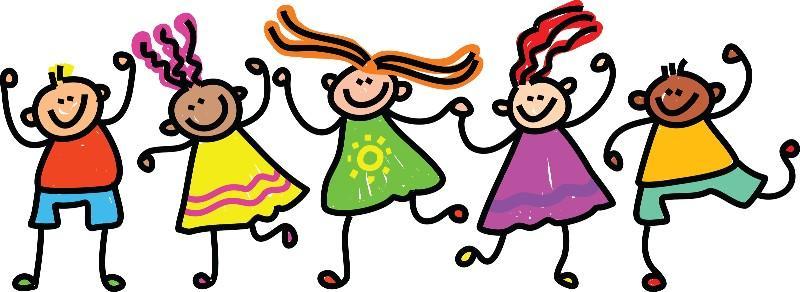Narrative Therapy
Narrative can be described as an account of events or the way we tell a story. Narrative can either be in written or in verbal form, but pupils who have narrative difficulties will often have difficulty with both written and verbal narrative.
Narrative skills helps us to understand events that have just occurred so we can think logically about what has happened before the event and to allow us to predict what may happen after the event. This can guide us to shape the actions we take. Therefore, narrative acts as a social skill to interact with others, a defence skill as we can explain ourselves and logically think about the actions we are taking and it is a skill that educates us and others.
Narrative skills begin to develop at around the age of 3 as other language skills develop. A child begins to develop narrative skills as they start to understand other people’s stories and show awareness of how events link with one another.
Pupils who may benefit from Narrative Therapy are identified through teacher assessment or by outside agencies such as a Speech and Language Therapist. The therapy is delivered by a Learning Support Assistant and runs over a course of several weeks. The intervention aims to develop pupils' understanding and use of expressive language.

